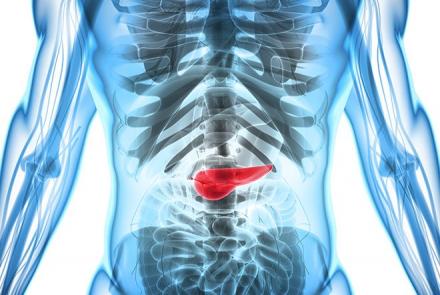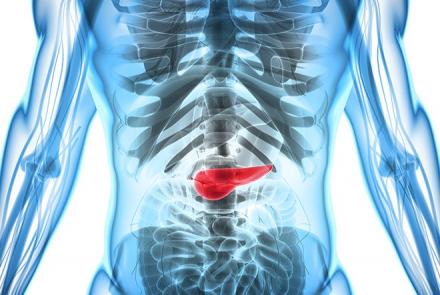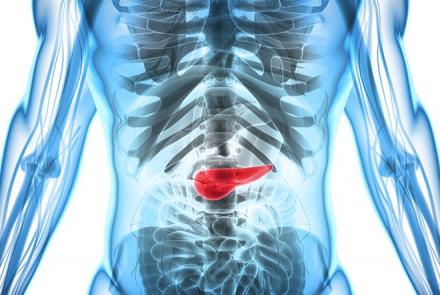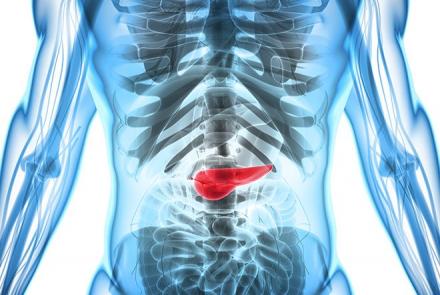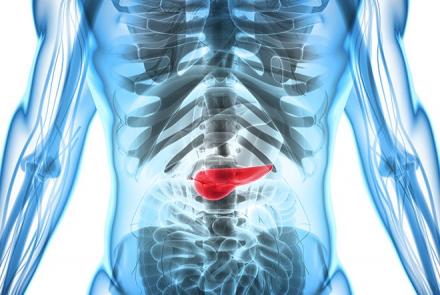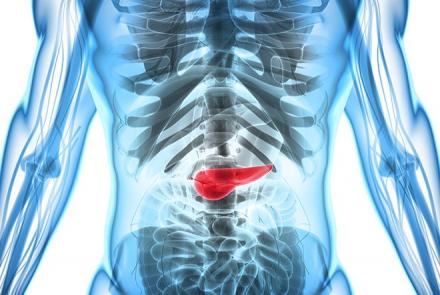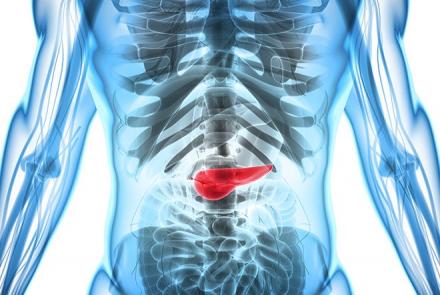The following are the standard treatment protocols for pancreatic cancer. The combination of treatment choices would depend on the specific case and the staging of the cancer.
Chemotherapy : can be given before (neoadjuvant) or after (adjuvant) surgery to shrink the tumor. It can also be used to destroy cancer cells that may have spread. It can be given along with radiation called chemoradiotherapy. One or multiple drugs may be given in combination for better efficacy. Commonly used drugs for…
Latest Stories
- In most cases, due to late diagnosis of Pancreatic Cancer, the mean survival period is less than 6 months. In such cases, management of Pancreatic Cancer should include: Palliative chemotherapy helps reduce the symptoms of pancreatic cancer thus improving the quality of life for the patient. Be sure to discuss side-effects with your Oncologist before starting. Pain management with opioid analgesics, nerve blocks and morphine (at later stages). Relief of duct blockages using a stent during ERCP…
- In order to diagnose Pancreatic Cancer and to determine the staging of Pancreatic Cancer, the following tests are used by medical professional Blood test: To check on liver and kidney functioning. Tumor marker: Blood drawn to check levels of CA 19-9. Note: not all pancreatic cancers produce this marker! Ultrasound: Abdominal ultrasound is required to check pancreas and surrounding organs. Endoscopic ultrasound (EUS): This is an ultrasound guided endoscopy (insertion of a thin tube with a…
- There is no way to prevent pancreatic cancer but certain lifestyle changes may help lower the risks of pancreatic cancer. These include: Quit all form of tobacco use. Lose excess body weight. Exercise daily to stay fit. Lower or limit alcohol use. Avoid workplace exposure to chemicals that are known carcinogens.
- The exact cause of most Pancreatic cancers is still unknown but there are established risk factors that greatly increase the likelihood of getting cancer in the pancreas. Most risk factors affect or alter the DNA of the cells that causes abnormal growth of cells; such DNA mutations can also be due to inherited genes. The most common type of pancreatic cancer is Pancreatic ductal adenocarcinoma (PDAC). Risk factors of Pancreatic Cancer: Tobacco use: this includes both smoking and smokeless…
- What is Pancreatic Cancer The pancreas is a 6 inch long organ seated behind the stomach in the upper abdomen. The pancreas is responsible for producing digestive enzymes and hormones such as insulin and glucagon. When cells in the pancreas grow uncontrollably forming a tumor, it is termed Pancreatic Carcinoma. The pancreas is divided into head, body and tail. Cancer can grow anywhere in the pancreas. 60-70% of all tumors occur in the head; 20-25% in the body or tail, and rest are spread…
- Types of Pancreatic Cancer There are broadly two types of Pancreatic cancer. It either affects the exocrine gland (the part that makes digestive enzymes) or the endocrine gland (the part that makes insulin and other hormones). Exocrine tumors: These are called Adenocarcinomas and commonly affect the pancreatic ducts. They are the most common type of pancreatic cancer found and account for >90% of all cases. Such cancers include Adenosquamous carcinoma, Squamous cell carcinoma, Giant cell…
- In our AsktheDoctor series, Dr Shailesh Shrikhande of Tata Memorial, Mumbai helps us better understand one of the most sudden and deadly cancers - Pancreatic Cancer. Also its relation with diabetes and the need for palliative surgery. 1. There was a report on rising incidence of pancreatic cancer in India. What are the possible reasons? According to SEER database (2008-2012), incidence of the pancreatic cancer is static globally (including India) and incidence in India…
- Here is our compilation of the posters that motivated and inspired our readers and social media followers. Which one do you like most?

